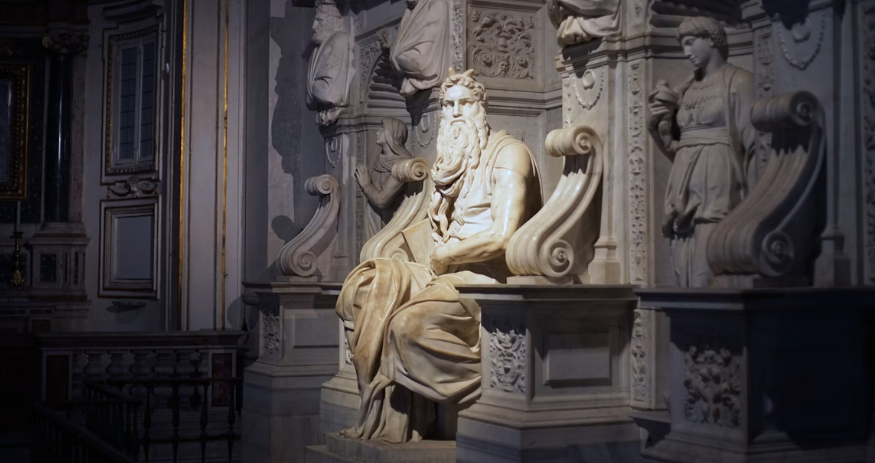How my faith engenders a commitment to judicial integrity
By Rabbi Shmuly Yanklowitz //September 11, 2024//[read_meter]
How my faith engenders a commitment to judicial integrity
By Rabbi Shmuly Yanklowitz //September 11, 2024//[read_meter]
This fall, everyone’s attention will be drawn to one issue – who will be the next president of the United States of America. Between the assassination attempt of former President Donald Trump and the unprecedented bow out from President Biden in July, that is not at all surprising. Both the right and the left are leaving no stone unturned when it comes to spreading information (or misinformation) as to why either Trump or current Vice President Kamala Harris should be sitting in the Oval Office come January. While the looming election is on all of our minds, there is a pressing proposition on the Arizona ballot that should garner attention as well.
Proposition 137, the End Term Limits and Retention Elections for Supreme Court Justices and Superior Court Judges Amendment is a shocking proposition. It would, in short, end judicial terms of office and provide that state Supreme Court justices and Court of Appeals and Superior Court judges are able to serve as long as they have “good behavior” until age 70. In other words, if this proposition passes, judges would not be held regularly accountable for their day-to-day conduct in their courts and chambers. The passing of Proposition 137 “Allows Supreme Court justices to hold office during good behavior, rather than for a regular term of six years.” Under Arizona’s Constitution at the moment, there is a yes-no retention election for citizens to vote at the end of each judge’s term.
The importance of judicial integrity is deeply rooted in biblical teachings as we see Moses and his father-in-law, Jethro, discuss a judicial system in Exodus 18. This is when Jethro observes Moses judging people but he is doing it without assistance. Jethro explains that no single person can serve this purpose alone and advises Moses to find others to help him. It appears Jethro recognizes the importance of a distribution of authority. Jethro’s advice reflects the broader Jewish value that judges must be beyond reproach, ensuring that justice is administered fairly and impartially.
This discussion between Moses and Jethro is not the only time we see the significance of a just judicial system. In Jewish tradition, out of the six hundred and thirteen commandments, there are seven that are considered universal, applying to all humans, not just Jews. One of these is the obligation to establish courts of law — a system of justice. The other six commandments, which include prohibitions against murder, theft, and cursing God, are negative commandments that forbid certain actions for all humanity. The sole positive commandment among these seven is the establishment of courts of law, making the creation of a justice system the only fundamental, universal human responsibility, according to Jewish tradition, for every person, regardless of their faith.
Proposition 137 undermines judicial integrity and leaves room for potential bias in the legal system because it gives our Legislature enhanced control over the judicial performance review mechanisms that exist and have worked well for five decades. Judges should not be looking over their shoulders wondering whether a single legislator has them in their sights or is keeping score of how they rule in the cases that come before them. As it says in Leviticus, judges are not to favor the weak or the powerful, but fairly as the law requires. A judge is likewise accountable to the public, with fairness reinforced by judicial ethics and performance review with public input and retention elections.
Judaism emphasizes the role of the community in ensuring justice, with judges seen as guardians of communal ethics and integrity. Term limits are needed to eliminate bias and retention elections are needed to offer the community a voice.
Rabbi Shmuly Yanklowitz is the president and dean of Valley Beit Midrash in Scottsdale.


















